REGION | Veneto
PRACTICES | Certified Organic, Practicing Biodynamic
TERROIR | The winery is in the Valle d’Illasi, on the eastern side of the Valpolicella DOC. Valpolicella’s foothills are filled with sand and calcareous pebbles, created by northbound migrating glaciers. The name derives from the Latin “Vallis Pulicellae,” the valley of alluvial deposits. In Soave, the hills are tuffaceous soil (volcanic origin) with calcareous outcrops. The areas around Lake Garda are diverse – scientists have identified 66 distinct soil types – and rich in magnesium salts and other minerals scoured from the Dolomites.
The Fasoli family first ventured into agriculture in 1921 when Amadio Fasoli grew fruits, vegetables and grapes in the valley of Illasi, the green hills to the east of Verona. Amadio personally delivered the wines he made to the best eateries of the area, transporting the demijohns by horse and cart. The company was officially founded in 1925 when the first invoice of sale was issued to the parish priest.
It was Amadio’s son Gino who gave his name to the winery, driven by a wider vision: to make his wines known across the entire region of Verona. He expanded vineyard area and built a new winery, establishing the label in 1977.
In 1979, his sons Natalino and Amadio inherited the Estate. They transformed it by converting to certified organic production in 1984, because pesticides and herbicides had harmed their father’s health. “We rejected those synthetic products as we must respect the farmers, the consumers, and nature,” Natalino has said. By 1990, the quality uplift was evident, so in 2006, they introduced Demeter-certified Biodynamic practices.
While they own only 20 hectares of land, they access another hundred through growers working under their supervision. Traditional pergola vine training features nets to protect the vines from frequently destructive hailstorms.
Cover crops are grown between the rows and serve as ‘green manure.’ Rare-breed chickens keep control of vineyard pests. The winery itself achieved zero-emission status in 2016, utilizing solar energy and other clean environmental practices.
Fermentations are long and slow, with cultured yeasts used when necessary, only on the dried-grape wines: few strains can cope with the high level of grape sugar and resultant alcohol. They also reduce the risk of a stuck ferment that would create high levels of unwelcome volatile acidity (VA).
It’s a low-sulphur regime (with two no sulphur wines), and vegan-friendly. Fasoli Gino uses mostly new and seconduse French oak barriques to ferment and mature the Amarone. Once blended, the wines are finished in Slavonian oak casks. The Amarone casks are passed on to use for Valpolicella after three years use.
– Inconfondibili: A focus on the varietal white wines of Veneto and the estate.
– La Corte del Pozzo: Traditional wines of the region.
– Prime Line: The flagship wines, the rarities.
VARIETY | 100% Garganega // ABV | 12.5%
VINEYARDS | Limestone and sandy soils of medium density at an elevation of 100m
VINIFICATION | Gentle press, 15-hour maceration, cold fermentation in stainless stee
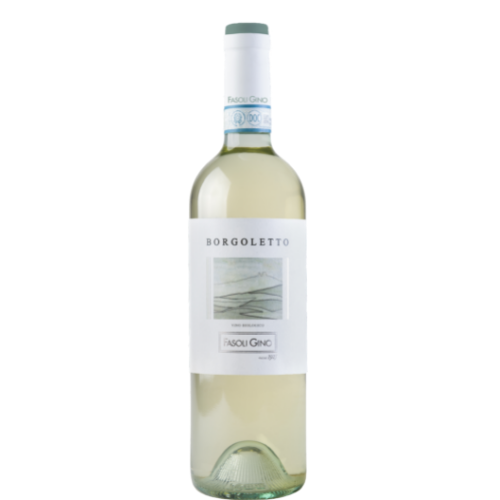
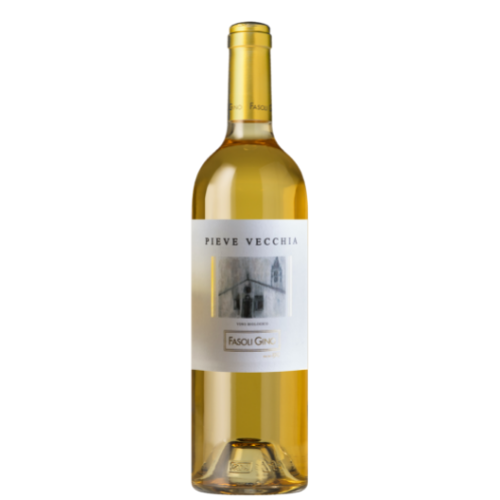
VARIETY | 100% Garganega // ABV | 14.5%
VINEYARDS | Sandy clay
VINIFICATION | Harvested in 3 passes to include fresh berries as well as late harvest concentrated berries; fermentation in inox, aged on lees for 12-15 months in tonneaux and then in bottle for 6 months before release.
VARIETY | 100% Garganega // ABV | 13%
VINEYARDS | Clay and chalk soils on the highest slopes where vines can be grown
VINIFICATION | No press, only free run juice. Cold fermentation in stainless steel, maturation in 25hl oak casks on the lees
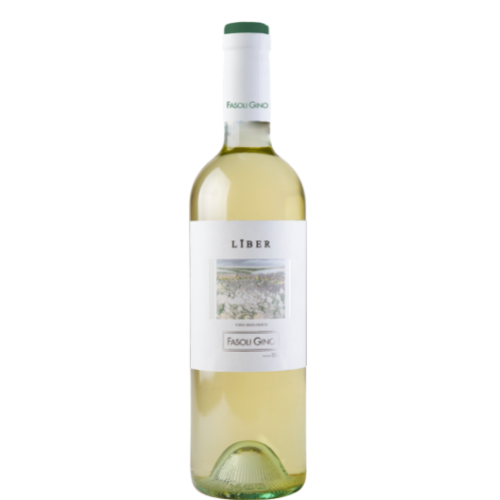
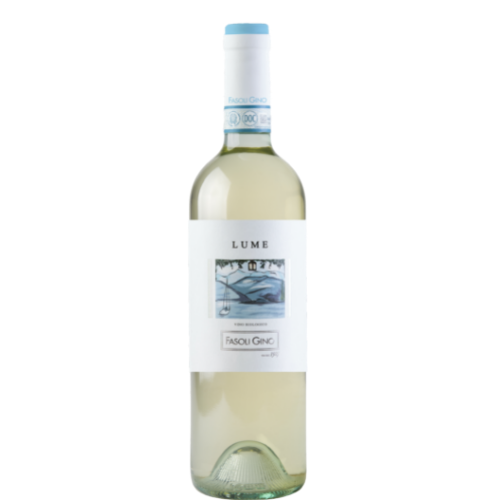
VARIETY | 100% Turbiana (Trebbiano di Lugana) // ABV | 13.5%
VINEYARDS | Clay, calcareous, rich in minerals; climate tempered by Lake Garda
VINIFICATION | Whole cluster press; cool fermentation in stainless steel
VARIETY | 100% Chardonnay // ABV | 13%
VINEYARDS | Foothill sites with limey, sandy and stony soils; 8 tons per hectare
VINIFICATION | Destemmed, cold-macerated on the skins for 12-15hrs, cold fermentation in stainless steel on the must for about 10 days
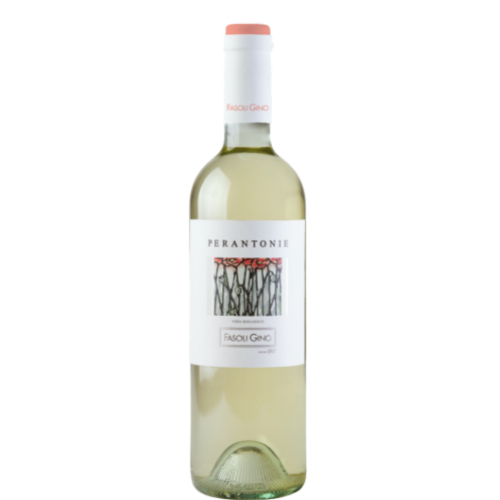
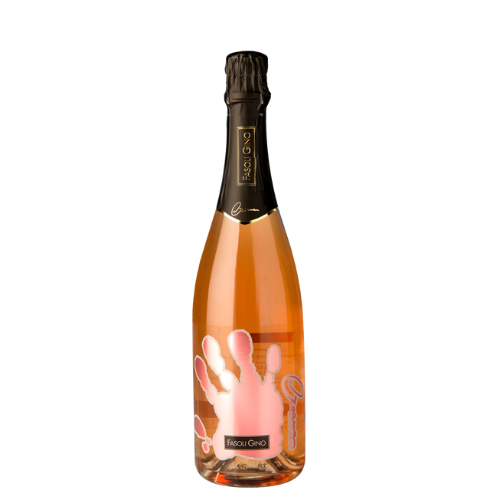
VARIETY | 100% Corvinone // ABV | 12%
VINEYARDS | Morainic limey soils; 9 tons per hectare
VINIFICATION | Destemmed, cold-macerated on the skins for 12-15hrs, cold fermentation in stainless steel on the must for about 10 days
VARIETY | 100% Pinot Grigio
VINEYARDS | Gravelly and sandy soil of medium density on the valley floor
VINIFICATION | long, cool fermentation in stainless steel
ABV | 12.5%
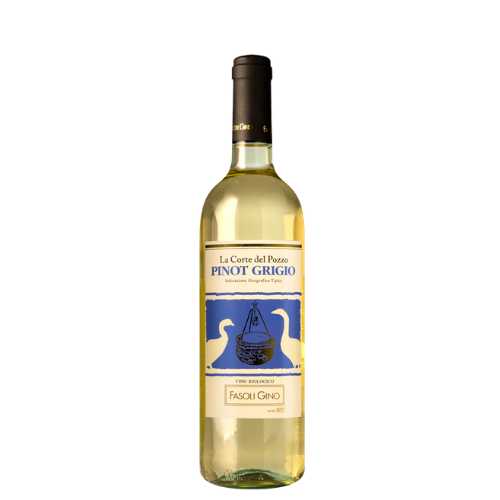
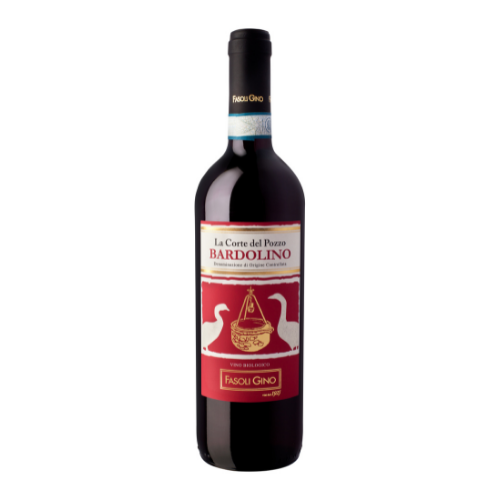
VARIETY | Corvina, Corvinone, Rondinella
VINEYARDS | Morainic hills located to the East of Lake Garda
VINIFICATION | Gentle press, 15 day maceration, cool fermentation in steel tanks, after which the wine is racked off and left to fine in steel vats until bottling
ABV | 13%
VARIETY | Corvina, Corvinone, Rondinella // ABV | 14.5%
VINEYARDS | on the sides of the Val d’Illasi where the soils are mainly limestone
VINIFICATION | A portion of the grapes are dried in crates for 15-20 days then fermented in barrel, the rest is crushed immediately and fermented separately in stainless steel vats. Matured 10-12 months before blending
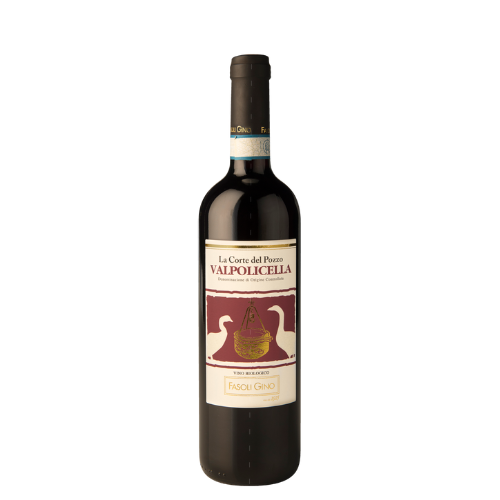
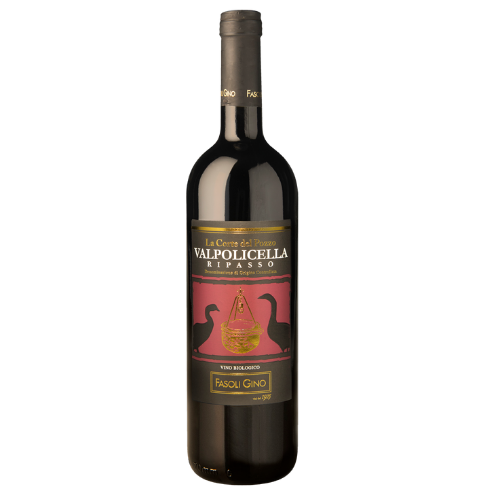
VARIETY | Corvina, Corvinone, Rondinella // ABV | 14.5%
VINEYARDS | Clay and chalk soils in hillside vineyards located in the Valpolicella appellation
VINIFICATION | After first fermentation, towards the end of February, the wine is left to re-ferment on the grape skins used to make Amarone for 15 days, with additional dried grapes for more body and complexity. The wine is left to mature in oak casks for 16-24 months.
VARIETY | Corvina and Corvinone 70%, Rondinella 30% // ABV | 17.5%
VINEYARDS | Clay and chalk soils at highest elevation; trained pergola corta Veronese
VINIFICATION | The grapes are dried in small wooden crates for 5 – 6 months, then pressed. Long fermentation in steel vats for 25 – 35 days. Maturation in oak barrel for minimum of 3 years.
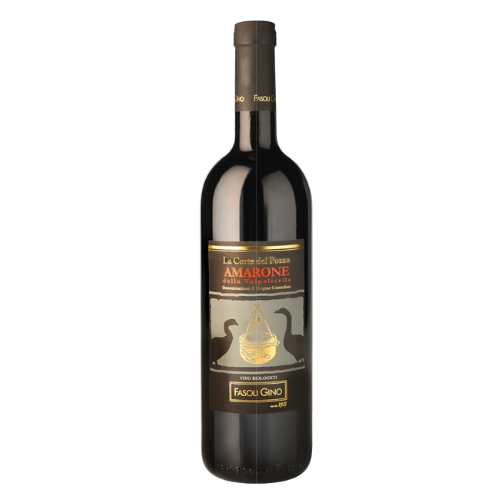
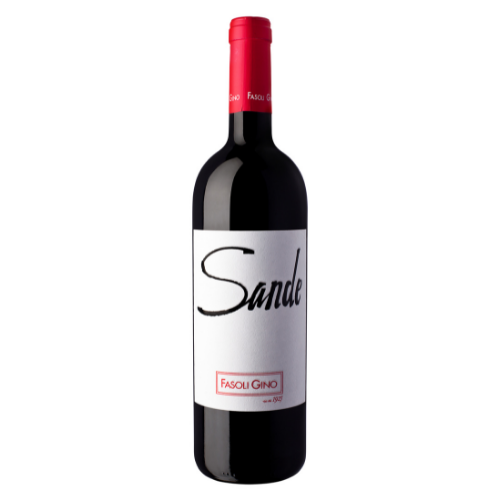
VARIETY | 100% Pinot Nero // ABV | 16.5%
VINEYARDS | Clay and chalk
VINIFICATION | after drying in small crates, the grapes ferment in conical oak casks with manual pressing down of the marcs for 15 days. After being racked, the wine is left to age in barriques for at lest 48 months
VARIETY | 100% Merlot // ABV | 17.5%
VINEYARDS | Chalky, loose soils with stones and clay
VINIFICATION | The grapes are hung by hand to dry on wires for 80 days following the local tradition of appasimento. Fermentation is in stainless steel tanks at controlled temperatures. Maturation is in French oak barrels for minimum 4 years
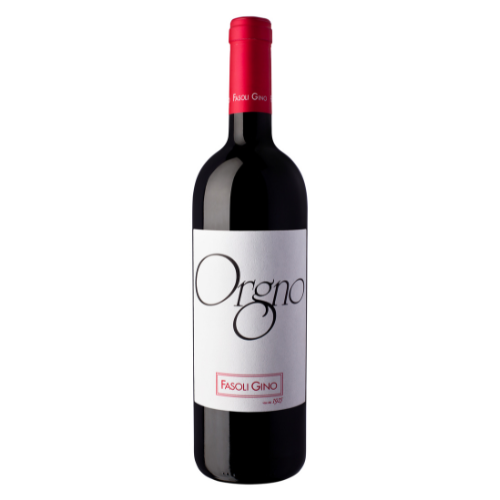
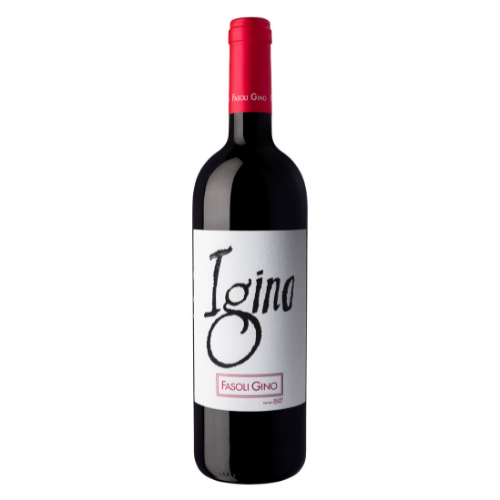
VARIETY | 100% Cabernet Sauvignon // ABV | 17%
VINEYARDS | Morainic: boulders, stones, or other debris carried and deposited by a glacier
VINIFICATION | The grapes are laid in special trays in a cool place to undergo appassimento for 50/60 days.Fermentation in stainless steel vats at a controlled temperature for approximately 20 days. Maturation in barrique for a minimum 36 months.
VARIETY | Corvinone 50%, Corvina 30%, Rondinella 20% // ABV | 16%
VINEYARDS | Hillside sites with stoney and chalky soil
VINIFICATION | Selected bunches dry on small trays for 20-30 days. Alcoholic fermentation in oak barrels for 20 days. Malolactic fermentation in 500L casks for 4 months. The wine, skins of the Amarone production, and more dried grapes and left to ferment for a second time. Maturation 2-4 years in 500L and 225L barrels
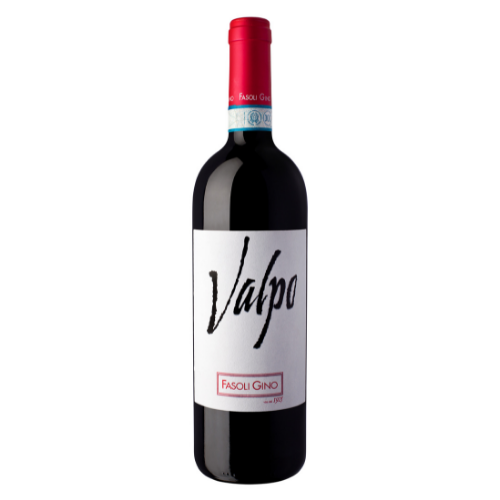
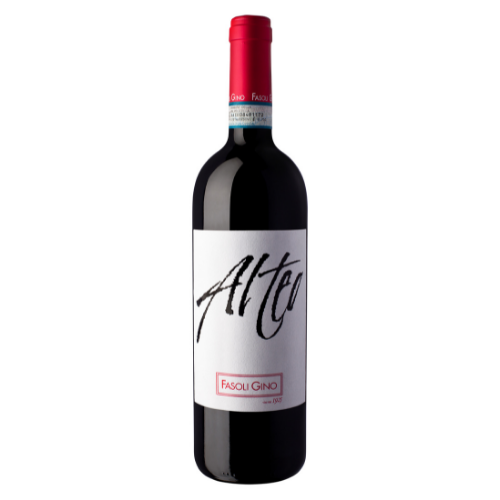
VARIETY | Corvina 20% , Corvinone 65%, Rondinella 15% // ABV | 17.5%
VINEYARDS | Clay and chalk soils at highest elevation; trained pergola corta Veronese
VINIFICATION | Whole mature bunches are selected for drying in small wooden crates for 4 to 6 months. Fermentation in steel vats for 25 to 35 days. Maturation in barrique for a minimum of 3 years.